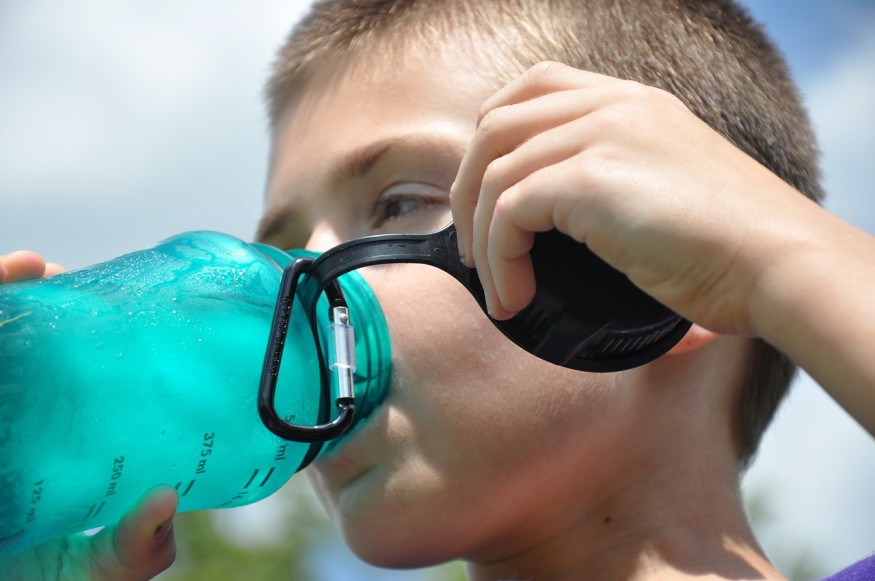If you're into cycling, whether on your pre-ride or mid-race, you surely know the importance of hydration in your performance.
According to Bicycling, this has been a statement supported by various studies. However, new research says an individual should not consider just activity level when measuring hydration needs. What you eat is an important consideration, too.
A recent study published in the Journal of the Academy of Nutrition and Dietetics entitled "Associations between ultraprocessed food consumption and total water intake in the US population," studied more than 24,000 participants in a national nutrition survey in the United States, comparing the total intake of water with consumption of ultra-processed foods.
Ultra-processed foods are defined as foods with long shelf life. They are ready to eat, highly flavorful, usually affordable, and provide little if any, whole-food content.
These food types include ice cream, cookies, mass-produced bread, carbonated beverages, most breakfast cereals, and the so-called 'reconstituted' meat products like hotdogs.

Faster Dehydration With Processed Foods
Study authors discovered that the more people were eating these ultra-processed foods, the less they hydrated, specifically if sugar-sweetened beverages were in the mix.
What's even more worrying is that ultra-processed foods can possibly have very low water content. This means that it is even more important to hydrate when consuming them, although people have the tendency to do the opposite.
For instance, as explained in the article, an individual can get away with drinking less water if he is eating foods that have moderate to a high content of water like vegetables and fruits.
However, when processed foods are eaten, one would risk getting dehydrated much quicker. And, the study authors said, that is getting even more problematic, when water gets substituted with sugary beverages.
Here's the takeaway, the researchers specified, there is no need for an individual to completely avoid these foods. However, when they are eaten, you should focus on consuming more water to balance it out, especially if what you're eating is salty or sweet.
Water, a Critical Nutrient
According to Angie Asche, RD, CSSD, Eleat Sports Nutrition owner, and the Fuel Your Body author said, "water is a critical nutrient" consumed in almost every function of the human body. It is essential for both metabolic regulation and homeostasis, too.
She added, even mild dehydration has been associated with a greater danger of poor cognitive function, exercise-induced asthma, and impaired aerobic exercise due to rising heat storage and dropping sweat rates.
In addition, Asche said that some of the best ways of determining the level of hydration is to check the color of urine, how often an individual is urinating, and the sense of thirst.
The book author also said the common knowledge about leveling for a pale yellow is real, although, she elaborated, it is important to keep in mind that certain vitamins or health conditions might impact the color.
In connection to the importance of hydration, according to Adult Pediatric Urology & Urogynecology, if you are the type who loves to drink coffee or caffeinated drinks on a regular basis, you may lose a substantial amount of bodily fluids.
More often than not, this is an outcome of frequent urination. And, to reiterate, if you are eating a lot of salty or sugary food, you need to drink more water. It is ideal to add more hydrating fruits and vegetables into your everyday meal plan in order for you to get more of those lost fluids back.
Related information about eating salty and sugary foods is shown on NBC News's YouTube video below:
RELATED ARTICLE : Should You Give Your Child Gummy Vitamins Every Day?
Check out more news and information on Medicine & Health on Science Times.










